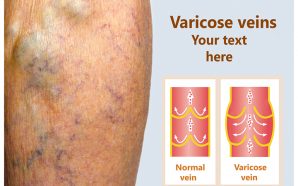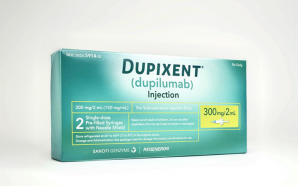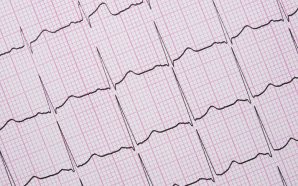heart attack warning signs
-
Myocardial infarction, also commonly referred to as a heart attack, is a condition with which over 700,000 Americans are afflicted annually. As per the numbers released by the American Heart Association, a heart attack occurs almost every 35 seconds in the United States alone. A heart attack transpires when...
-
Myocardial infarction, also commonly referred to as a heart attack, and heart failure are often thought of as the same condition, but they are in fact two separate conditions. Unpacking Myocardial Infarction Myocardial infarction or a heart attack happens when the blood flow to the heart muscle gets severely...
-
A heart attack happens when the bloodstream to the heart gets reduced. Medically, another name for a heart attack is a myocardial infarction. Pressure and pain in the heart is a primary sign that an individual is experiencing a heart attack, but there are usually more symptoms involved. Other...
-
Heart attacks, also referred to as myocardial infarction, are sadly all too prevalent in the United States. As a matter of fact, a heart attack transpires about every 20 seconds in the U.S., leading to approximately 500,000 deaths per year. All the expenses related to heart events add up...
-
Myocardial infarction is more commonly known as a heart attack and it is a significant health concern today. Many aspects of modern life, from unhealthy eating habits to stress-inducing lifestyles, mean that more and more people are developing heart disease and experiencing heart attacks. Heart pain is the hallmark...
-
Many things can lead to a heart attack or myocardial infarction, but the primary cause has always been clear: the narrowing of the arteries in the heart. There are numerous risk factors associated with myocardial infarction, including high LDL cholesterol (“bad” cholesterol) levels, hypertension (high blood pressure), diabetes, a...









